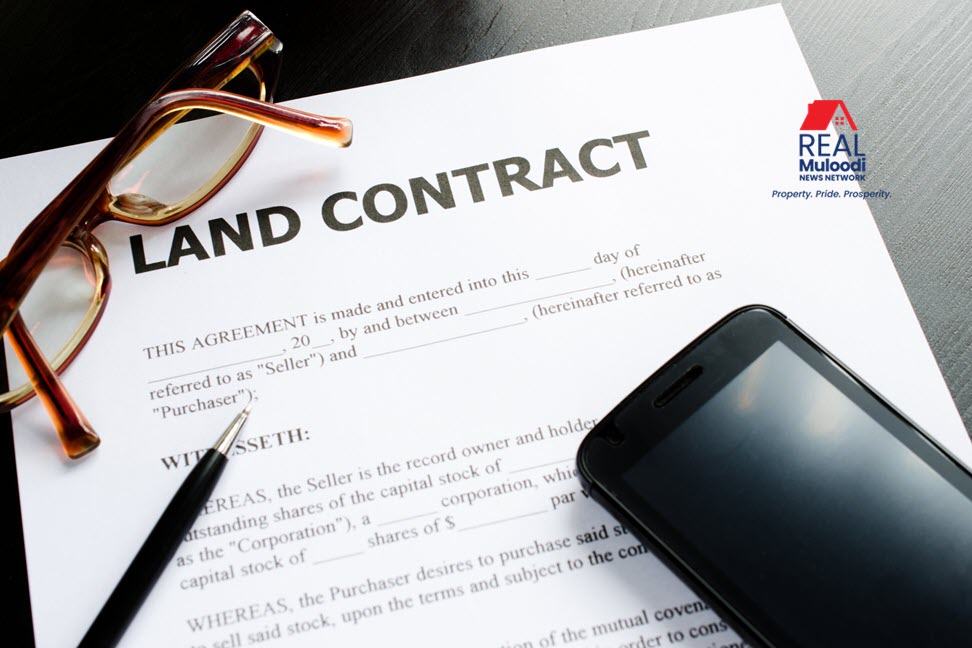UGANDA, Kampala | Real Muloodi News | Buyers of land and property beware! Your purchase may be rendered null and void if you have not legally obtained the consent of all interested parties to that land and/or property.
Consent in land transactions is not always clear cut, which often leaves some buyers on the losing end of the stick. This article breaks down the meaning of consent in land transactions.
Consent is an irrevocable written permission of the relevant authority, proprietor, manager, or any other interested person required under the laws affecting land registration before any dealing concerning a specific piece of land can be lawfully registered.
It is important to note that someone who has a land title doesn’t mean they have all the mandatory consent required to sell it. This is especially true in land sale transactions involving family land, marital property, jointly held property, land occupied by bona fide tenants, property held in trust (such as land forming an estate under administration or probate), leased land, and mortgaged land.
In this case, a transaction carried out without explicit consent from concerned parties may be void.
Therefore, to avoid some pitfalls of consent in land transactions, a buyer should conduct due diligence before concluding a transaction.
When someone is selling the land on which they reside with a spouse, a buyer should also obtain consent from the other partner.
According to Alex Matovu, the Signum Advocates managing partner, if the land for sale is resided on by a person with children over 18 years, written consent of the dependent children is a must.
Whereas if the land is resided on by children under 18 or orphans below 18 years that are interested in inheriting the land, the buyer must get consent from the Parish Land Committee where the land is located.
“The law makes no exception to these requirements except where there has been a default on a mortgage and the mortgagee is exercising its powers under the law,” says Mr Matovu.
He goes on to elaborate that “this exception does not mean that land can be mortgaged without consent. It simply means that once a spouse and or children have consented to mortgaging the land they ordinarily reside on and derive sustenance, it will not be necessary to seek additional consent before exercising the rights of a mortgagee including the right to sell in case of a default.”
On the subject of mortgages, Mr Matovu advises that before mortgaging land further, a prospective lender should ensure that the pre-existing loan agreements allow for further mortgaging.
It is possible to recover money paid in a land transaction if the purchaser doesn’t know about the children or a spouse. The matter can be resolved in court, and the purchaser gets their money back.
However, Mr Matovu notes that “courts are less inclined to agree that a person purchased property where the vendor’s spouse(s) and children resided without knowing about them. As such, courts may be less forgiving when it appears that the purchaser treated their purchase of real estate like a purchase of tomatoes from a roadside market.”
On the other side, if a spouse or children withhold consent unreasonably, the person intending to sell the land can appeal to the land tribunal, which would then require those persons to explain why they deny consent.
Concurrently, if adult dependent children or a spouse find out about a land sale that didn’t ask for their consent, they can lodge a caveat on the land title saying the land is subject to the requirement for approval.
If you have real estate news that you would like featured on Real Muloodi News Network, contact us via email at support@realmuloodi.co.ug
READ MORE LIKE THIS:
How Can Absentee Real Property Owners Protect their Property Rights?



